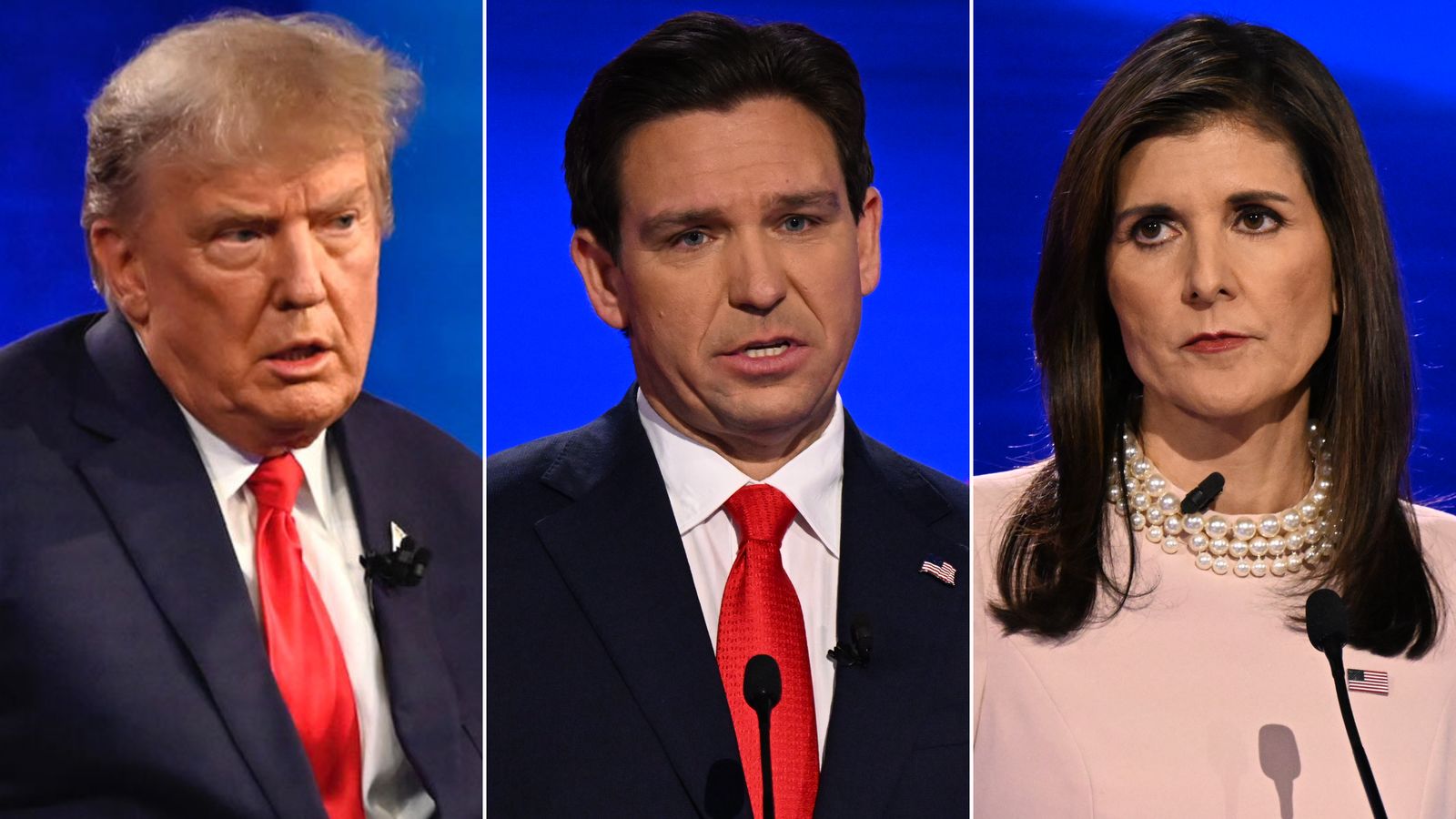Ex-President Donald Trump appears set to make history in the Iowa caucuses, with the final poll from renowned pollster Ann Selzer placing him at a commanding 48%. His closest rivals, former South Carolina Gov. Nikki Haley and Florida Gov. Ron DeSantis, trail at 20% and 16% respectively. Should these numbers hold true on Monday night, Trump will secure the highest vote share for a non-incumbent in the history of the Iowa GOP caucus.
However, the significance of this victory extends beyond the numbers. The margin of victory and the runner-up will also play crucial roles in shaping the political landscape, especially with the New Hampshire primary just 10 days away. The performance of candidates in Iowa relative to their final polls can significantly influence expectations and subsequent voting patterns.
Current polling in New Hampshire shows a neck-and-neck race between Trump and Haley. This data, which includes the reallocation of supporters of former New Jersey Gov. Chris Christie, who recently withdrew from the race, was gathered in a recent CNN poll conducted by the University of New Hampshire.
Historically, the best predictors of New Hampshire primary results have been the New Hampshire polls and the performance of a candidate in Iowa relative to their final polls. This correlation is attributed to the media coverage a candidate receives when they either exceed or fall short of expectations.
For instance, George W. Bush, who holds the record for the best non-incumbent Iowa GOP caucuses performance (41%), did not receive any significant boost from his win in 2000 as his margin over Steve Forbes was smaller than anticipated. This led to Bush losing the New Hampshire primary to John McCain by a larger-than-expected margin.
Similarly, even a slight overperformance by Haley or underperformance by Trump in Iowa could tip the scales in Haley’s favor in New Hampshire. A victory in the first primary race would signal that Trump is not invincible, giving Haley a month to strategize for the primary in her home state of South Carolina.
Conversely, if DeSantis secures second place in Iowa, it could disrupt Haley’s strategy of making the campaign a two-horse race between her and Trump. Currently polling fourth in New Hampshire and a distant third in South Carolina, DeSantis faces a challenging path ahead if he fails to secure second place in Iowa.
For Trump, the benchmark is clear. Al Gore remains the only non-incumbent to win all 50 states in either the Democratic or Republican primary for president. Like Gore, Trump’s weakest state is New Hampshire. However, Trump’s strong performance in national primary polls, leading by 50 points, suggests he could withstand a loss in New Hampshire.
This puts immense pressure on his rivals to disrupt expectations in Iowa. If they hope to challenge Trump’s perceived invincibility, their efforts must begin on Monday night.

